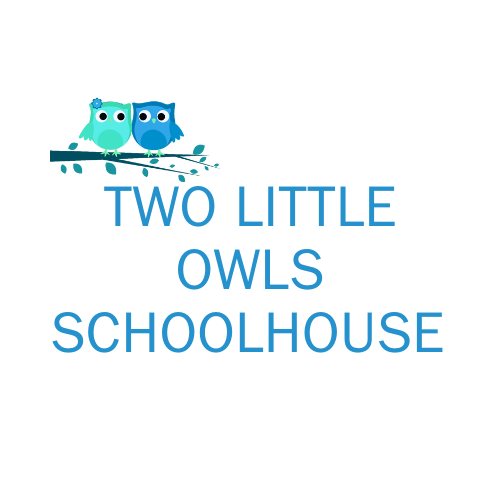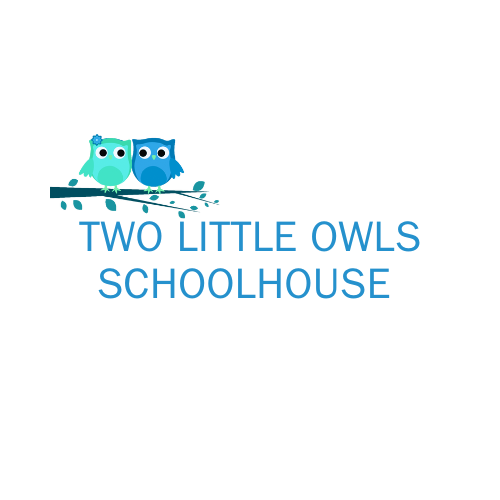Cultivating Curiosity: Nurturing Lifelong Learners in the Critical Years 0-5
In the tapestry of human development, the earliest years are the threads that lay the foundation for a lifetime of growth. From infancy to early childhood, the experiences we provide children play an integral role in shaping their cognitive, emotional, and social development. As parents, caregivers, and educators, understanding the scientific significance of these years equips us to empower young minds for a future of endless possibilities.
The Science of Early Development
Scientific research has illuminated the extraordinary growth that occurs during the first five years of life. This period, often referred to as the "critical window," witnesses unparalleled brain development. Neural pathways multiply, connections strengthen, and the brain's architecture is molded through experiences. It's during these formative years that the brain's plasticity is at its peak, allowing it to adapt and learn with unparalleled speed.
Building Blocks of Lifelong Learning
From a scientific perspective, early education is not solely about memorizing facts but about fostering fundamental skills that become the building blocks for lifelong learning. The skills developed during this period, including language acquisition, problem-solving abilities, emotional regulation, and social interaction, provide the scaffolding upon which future knowledge is constructed.
Influencing Characteristics for Adulthood
Beyond the realms of childhood, the experiences and interactions of these early years ripple into adulthood. Scientific studies suggest that the qualities we often attribute to successful adults, such as emotional intelligence, resilience, and self-confidence, are deeply rooted in the connections formed during early childhood. The interactions, guidance, and care provided during this phase serve as the blueprint for the characteristics individuals carry into their adult lives.
The Power of Play
“Play is the highest form of research.”
Research underscores the crucial role of play in early development. Play is not just a pastime; it's the vehicle through which children explore the world around them. From imaginative play that stimulates creativity to hands-on activities that promote fine and gross motor skills, play is the laboratory of learning. By embracing play-based learning approaches, we align with the innate curiosity that propels children's growth.
Unlocking Potential: Our Shared Responsibility
In the world of early education, every moment is an opportunity to sculpt young minds into eager learners and resilient individuals. As parents, caregivers, and educators, we hold a shared responsibility to ensure these formative years are enriched with meaningful experiences. By fostering an environment that encourages exploration, questions, and discovery, we become partners in a lifelong journey of growth.
The scientific consensus is clear: the early years are irreplaceable, shaping the trajectory of a child's life. Let's seize this pivotal window of opportunity to nurture curiosity, kindle imagination, and fuel lifelong learning. By doing so, we not only prepare children for the future, but also lay the groundwork for a society rich in knowledge, empathy, and ingenuity.


